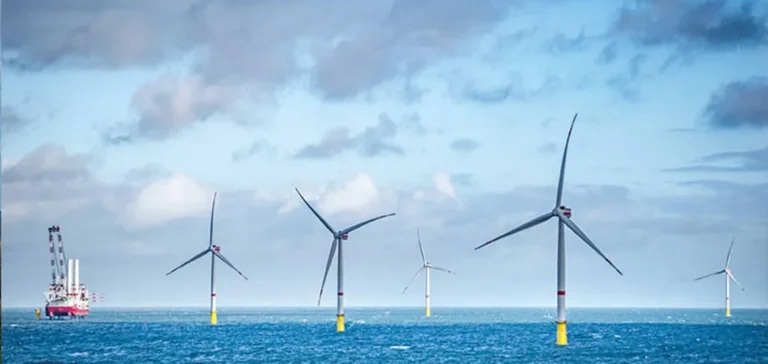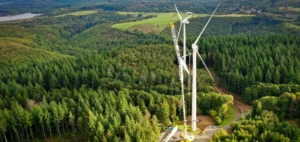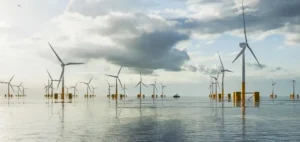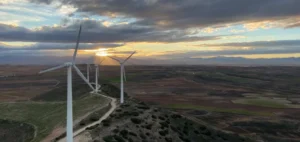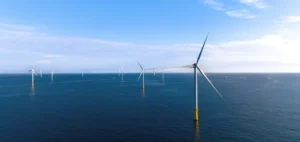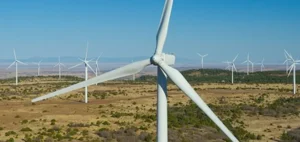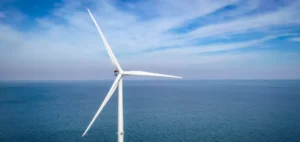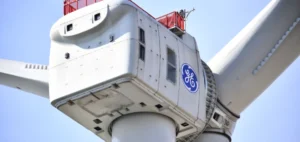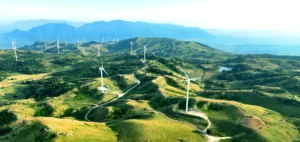The Trump administration has initiated proceedings to revoke construction authorisations for the New England Wind 1 and 2 offshore wind projects developed by Avangrid off the coast of Massachusetts. According to a court filing dated September 3, the Bureau of Ocean Energy Management (BOEM) intends to withdraw its approval of the construction and operations plan by October 10.
Two major projects under threat off New England
The projects, located approximately 20 nautical miles south of Martha’s Vineyard, received BOEM approval in July 2024. Massachusetts selected 791 MW of capacity from New England Wind 1 in a September 2024 offshore wind solicitation. Combined, the two sites could generate up to 2,600 MW of electricity, according to the federal authority.
The legal action stems from a lawsuit brought by a coalition challenging the permits’ compliance with environmental laws. This marks the second recent move by the Trump administration against the sector, following an injunction halting work on the 704 MW Revolution Wind Offshore project near Rhode Island.
Regulatory uncertainty and local government opposition
The potential withdrawal of federal approvals has drawn strong criticism from several Democratic governors in the region. Massachusetts Governor Maura Healey stated on September 3 that the projects would supply power to over one million homes and businesses while creating thousands of jobs. She called the reopening of the permitting process unnecessary.
Delays in finalising offshore wind contracts have hampered energy planning in the affected states. Avangrid had stated at the time of its permit approval that construction on New England Wind 1 could begin in 2025, with operations starting in 2029.
A federal climate unfavourable to offshore wind
Since taking office, Donald Trump has signed an executive order suspending new offshore wind leases in federal waters and paused permitting processes. The possible cancellation of federal approval for the SouthCoast Wind Energy Offshore Project, also off the Massachusetts coast, adds to the uncertainty facing the industry.
Representatives from Avangrid declined to comment. The company is a subsidiary of Spanish energy group Iberdrola.


